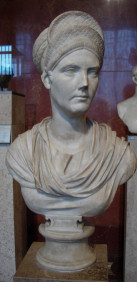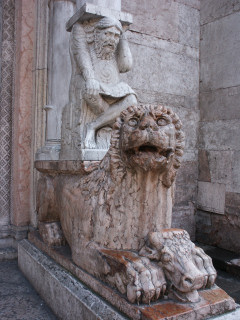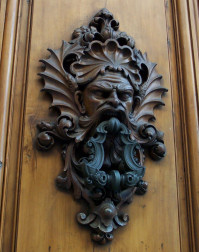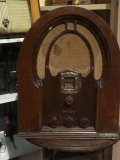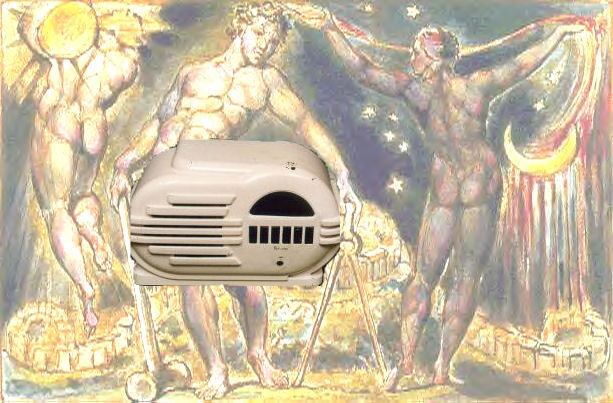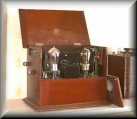FORMALISM (research)
|
A way of constructing art or plays or novels or criticism which foregrounds form. For analysing plays, this means looking at techniques, among other things. The formalist approach to the radio text relates to its form or structure (rather than its context or content), and rather than through reception studies. Such criticism is concerned with matters of structure and style (narrative, style of editing, perspective, signposting, hook, description, scene boundaries, montage, pace, etc.) Taking this path, the most important thing about a radio play, for example, is its effective organisation of the elements of radio through the use of certain principles of design by the playwright, director and through sound design. The radio play is a vehicle for the play, rather than as a play with meaning. As regards radio drama's expressionist period and modernist period (Samuel Beckett, Barry Bermange, Pinter, etc.), formalism could be the most useful approach by the critic. Radio artists there, on the analogy of early 20C Modernism in the visual arts, produced works which were particularly attentive to formalism. The structural principle of these two movements (expressionist and modernist) was the reflexive, and especially complexity and mediation. Mediation is a recognition that radio drama sound events and their artistic structures are not givens, certainly not natural. They are the constructions of convention and technology. What is made by convention can be questioned and altered. The reflexive is shown for example, in the use of blindness as a plot motif, and in characters (Beckett and Bermange). The reflexive can also be studied under aurality. The MODERNIST PERIOD also includes a strand of minimalism. The digital age of radio includes a MANNERIST strand - a conscious appreciation of virtuosity and the desire to astonish. The technical complexity of digital post-production can also allow the unfolding of the realistic 'essence' of radio.
NOTE ABOUT FORMALISM IN ART: There is a formalist style of criticism associated with Roger Fry (early 20C), which ignored subject matter entirely in favour of overlapping planes and central mass. Some of the links below refer to Roger Fry. (copyright Alan Beck)
References For formalism in art see WORDS OF ART: THE F_LIST, Compiled by Robert J. Belton at http://www.arts.ouc.bc.ca/fina/glossary/f_list.html Ditto Modernism at http://www.arts.ouc.bc.ca/fina/glossary/m_list.html#modernism Also formalism in art at http://www.shef.ac.uk/~phil/courses/212/15formalism.pdf See Timeline of Major Critical Theories in US at http://www.sou.edu/English/IDTC/timeline/uslit.htm See USEFUL GUIDES TO THEORY in Theory - what is it?
|
|
|
